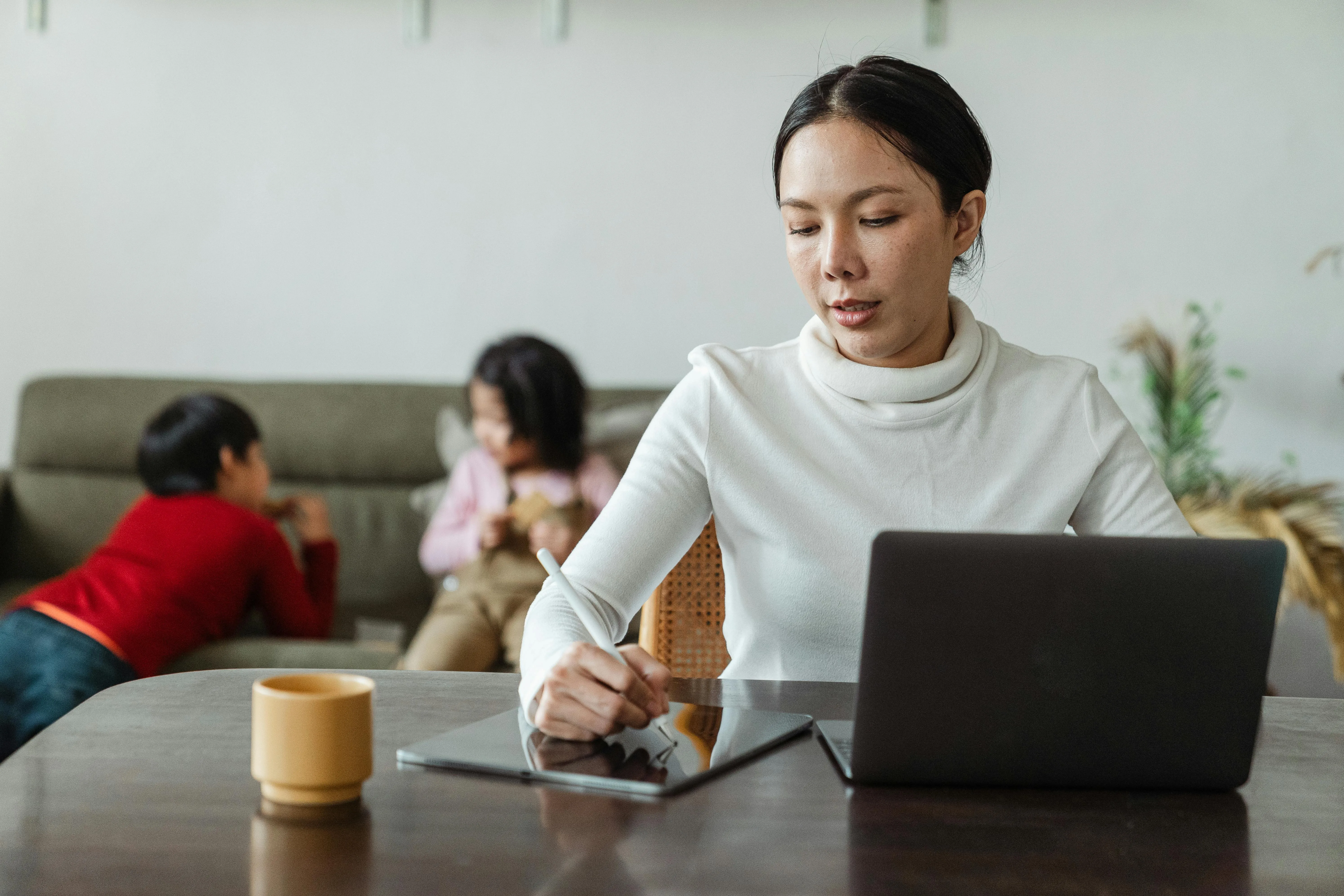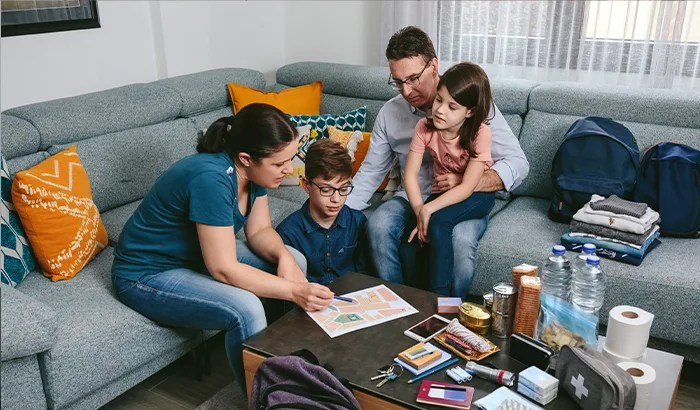Let’s be real; no one likes to think about worst-case scenarios. But having a plan in places makes all the difference when something unexpected happens. From power outages to fires to natural disasters or medical emergencies, being prepared gives everyone in the home a sense of direction, including your Au Pair.
Au Pairs play a big role in your family’s daily life, which means they should be part of the safety conversation. Knowing what to do, who to call, and where to go helps them feel confident and ready to act if something ever goes wrong.
To help you get everyone on the same page, we’ve put together a simple guide for creating a home safety plan that covers all the essentials and includes your Au Pair from the very beginning.
What Is a Home Emergency Plan?
The thing about emergencies is that they occur unexpectedly, and they don’t leave time to improvise. So, how do you prepare for the unexpected? You start with an emergency plan, which is a clear and practical guide to help everyone in your household respond quickly, calmly, and with a clear sense of direction.
A good emergency plan covers the basics, but it’s also tailored to your family’s specific needs. That might include:
- Steps to take for health emergencies specific to each family member
- What to do during natural disasters like earthquakes, wildfires, or major storms
- How to turn off water, gas, and electricity, with clear instructions and locations
- A list of emergency contacts, including hospitals, local services, and family abroad
- A simple map of your home that shows exits, meeting points, and emergency gear
- A current inventory of your disaster supply kit, including what’s in it, where it is, and how to use it
This plan should live in a high-visibility area and be easily understood by everyone in the house, including your Au Pair, so everybody knows how to act if you’re not home or if the situation moves fast.

Your Household Emergency Preparedness Checklist
You don’t need to anticipate every emergency or map out every possible scenario to create an emergency plan. The most important thing is to cover the basics, involve everyone in the household, and build a plan that’s clear, practical, and easy to act on under pressure.
Here’s what that looks like:
Plan for All Household Members
Start with the essentials for everyone in the home. That includes:
- Full names, dates of birth, and contact details
- Work and school addresses
- Any medical conditions, allergies, or medications
- Emergency contacts outside the home
- And yes, don’t forget the pets
Remember: your Au Pair should be part of this list, too. Be sure their details are included, along with notes on how they’ll communicate with you or others in an emergency.
Plan for Common Emergencies
Focus on the situations most likely to happen where you live. That might mean wildfires, hurricanes, earthquakes, tornadoes, etc. It can also include:
- Contingencies for health emergencies for both kids and adults
- House fires or carbon monoxide exposure
- Pandemic-related isolation or quarantine plans
For each scenario, outline what to do if everyone is together, and what to do if someone is out of the house. The goal is to make sure no one feels lost or unsure if plans change quickly.

Plan for Evacuation and Sheltering in Place
Some emergencies require you to leave immediately; others mean staying put. It’s recommended to build a plan for both. For example:
- If the smoke alarm goes off, then meet outside at a safe location
- If there’s a storm warning, then gather in the safest room with your emergency kit
- If evacuation orders are given, then follow the pre-planned route and bring essential items
Thinking through “if-then” possibilities ahead of time helps everyone respond with less hesitation and more confidence.
Practice With Your Au Pair
A plan is only useful if people remember it, so walk through each part of your emergency plan regularly and include your Au Pair every time. Consider running simple drills, like how to exit the house during a fire or how to contact help if the phone lines are down. Knowing your plan and how to react can turn stress into instinct when it matters most.
Au Pairs Can Support Your Emergency Plans
Having a clear emergency plan is one of the most important steps you can take to keep your family safe, and it works best when everyone is part of it. Including your Au Pair in emergency prep gives them the tools they need to act quickly and confidently, especially if you’re not there.
Creating a home safety plan is a team effort, and hosting an Au Pair who feels like part of that team makes all the difference. Find your Au Pair and build a safer, more confident home today.



